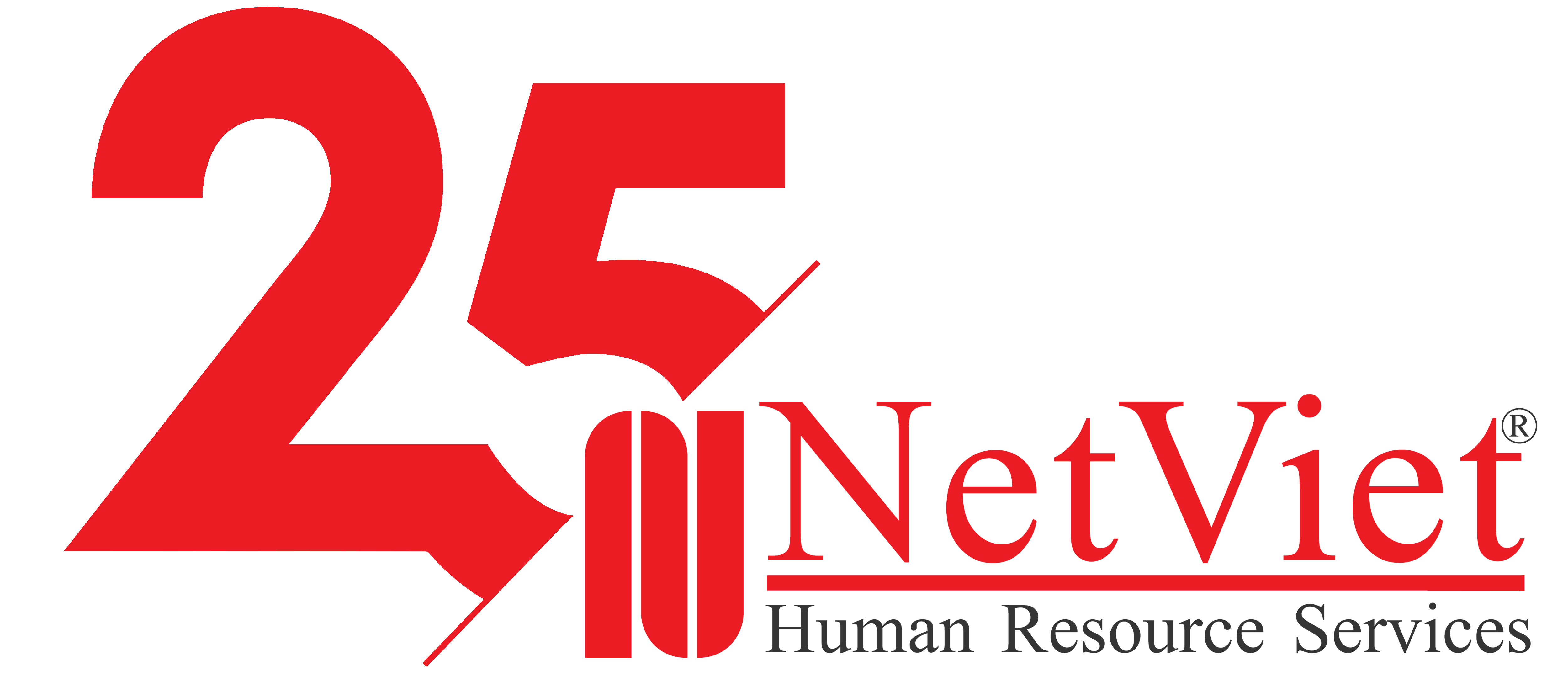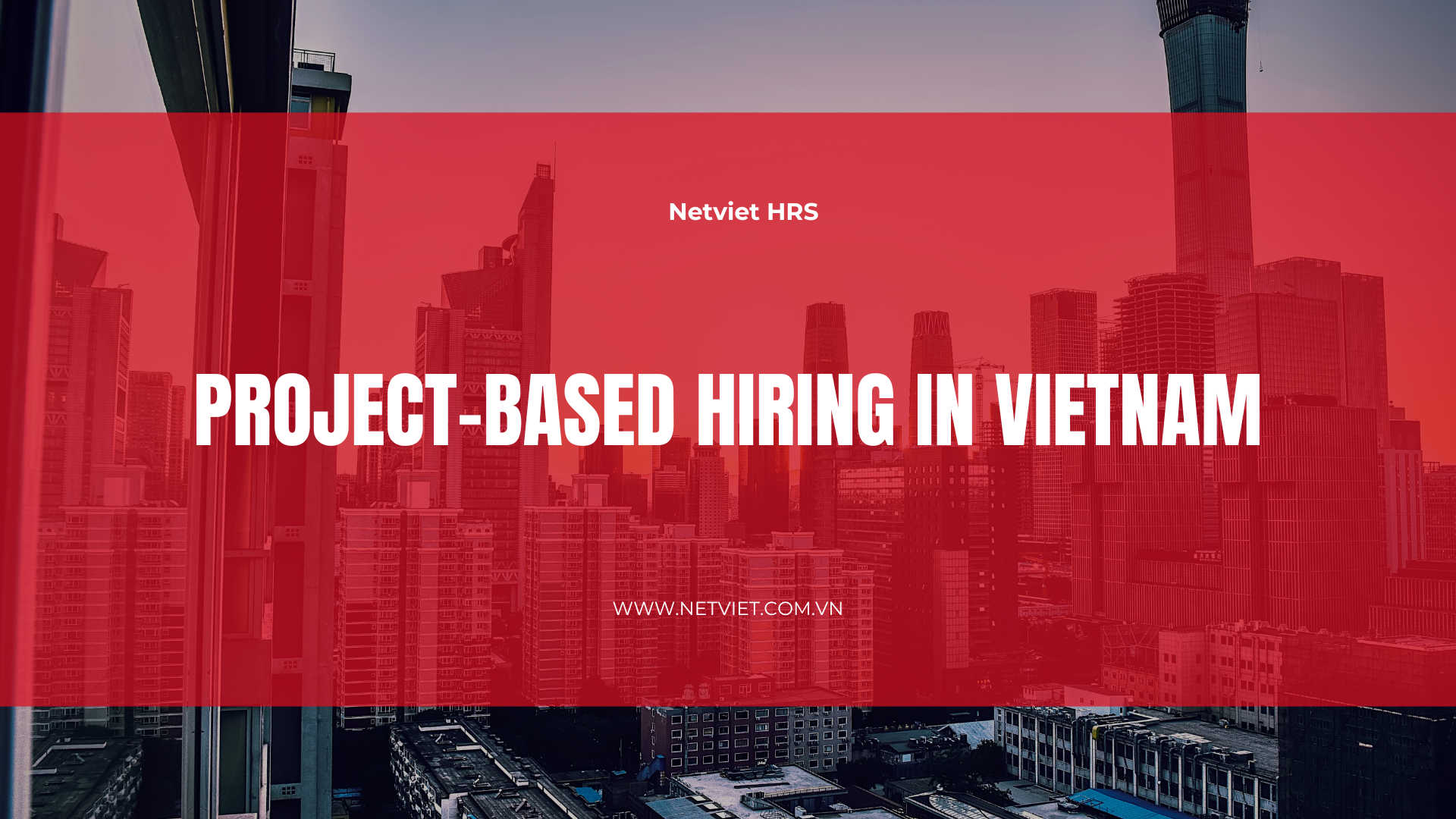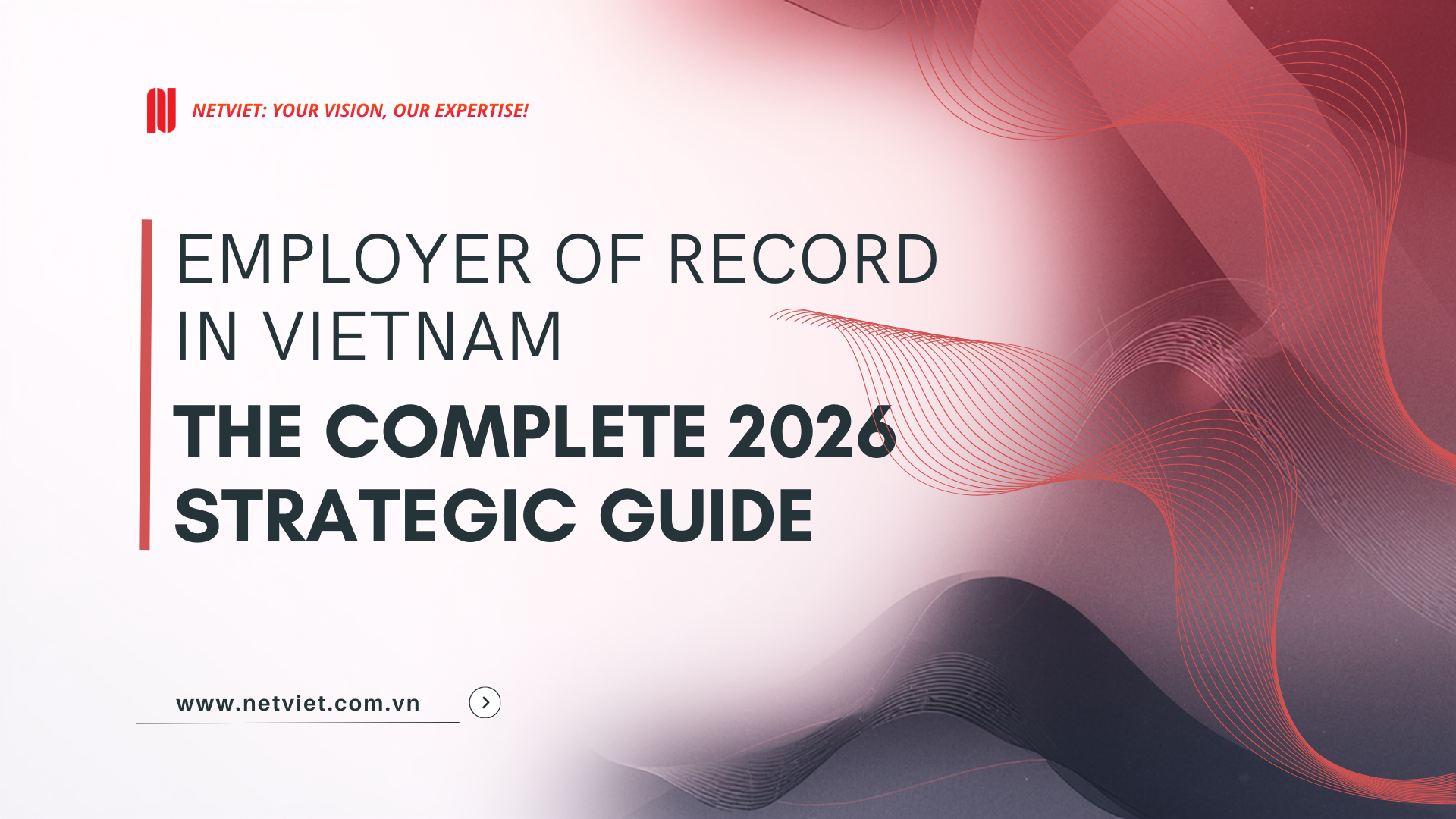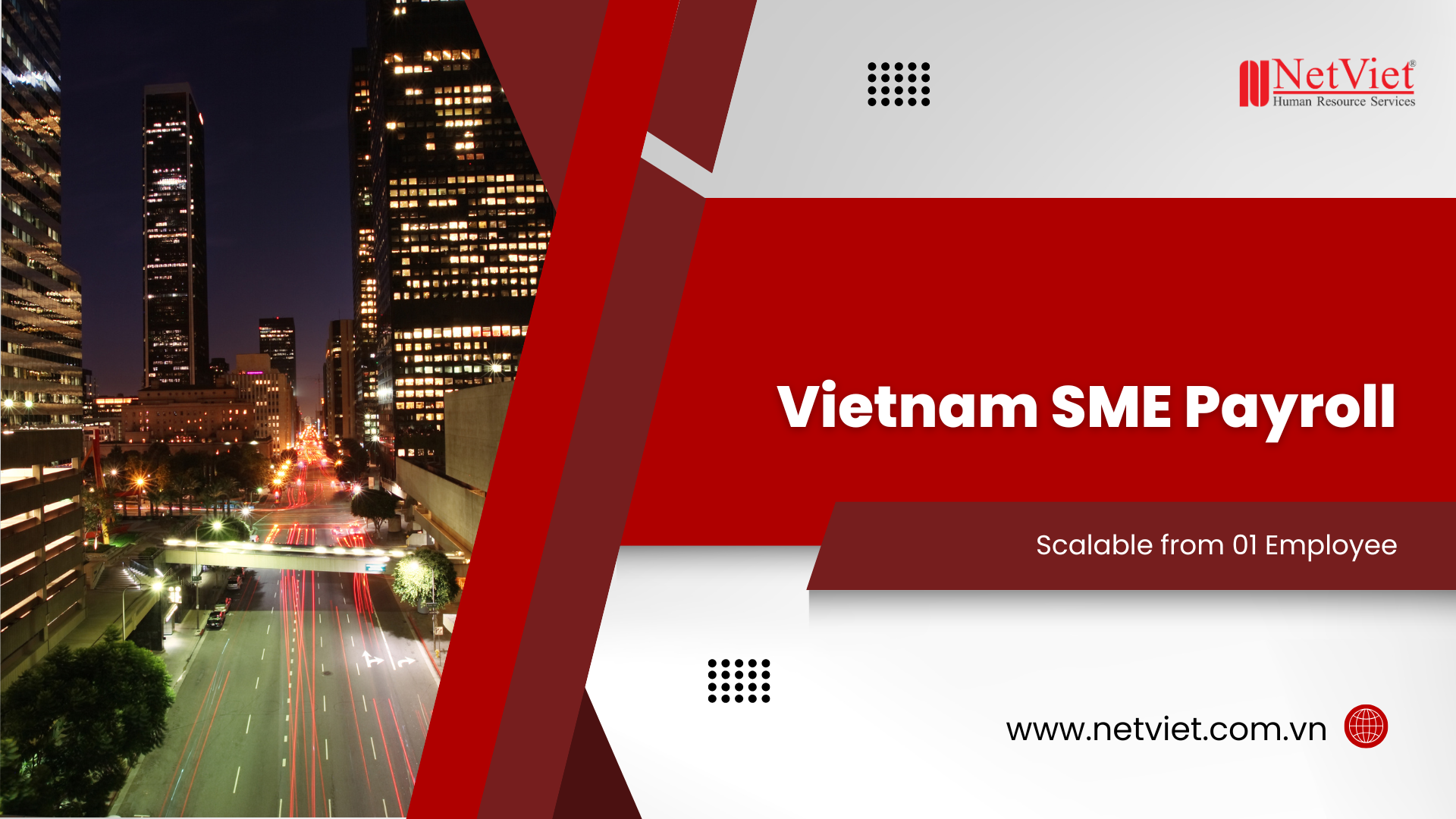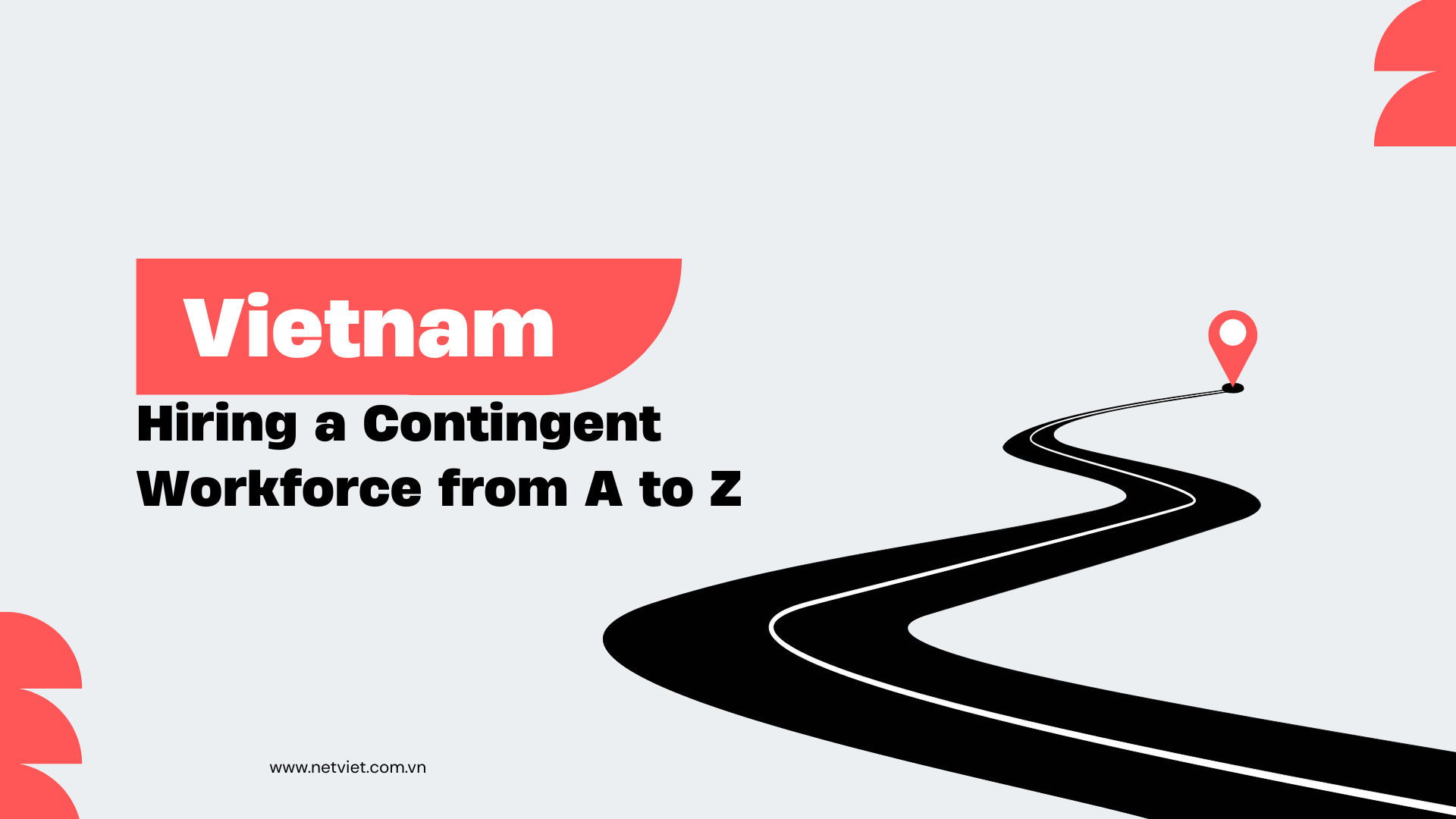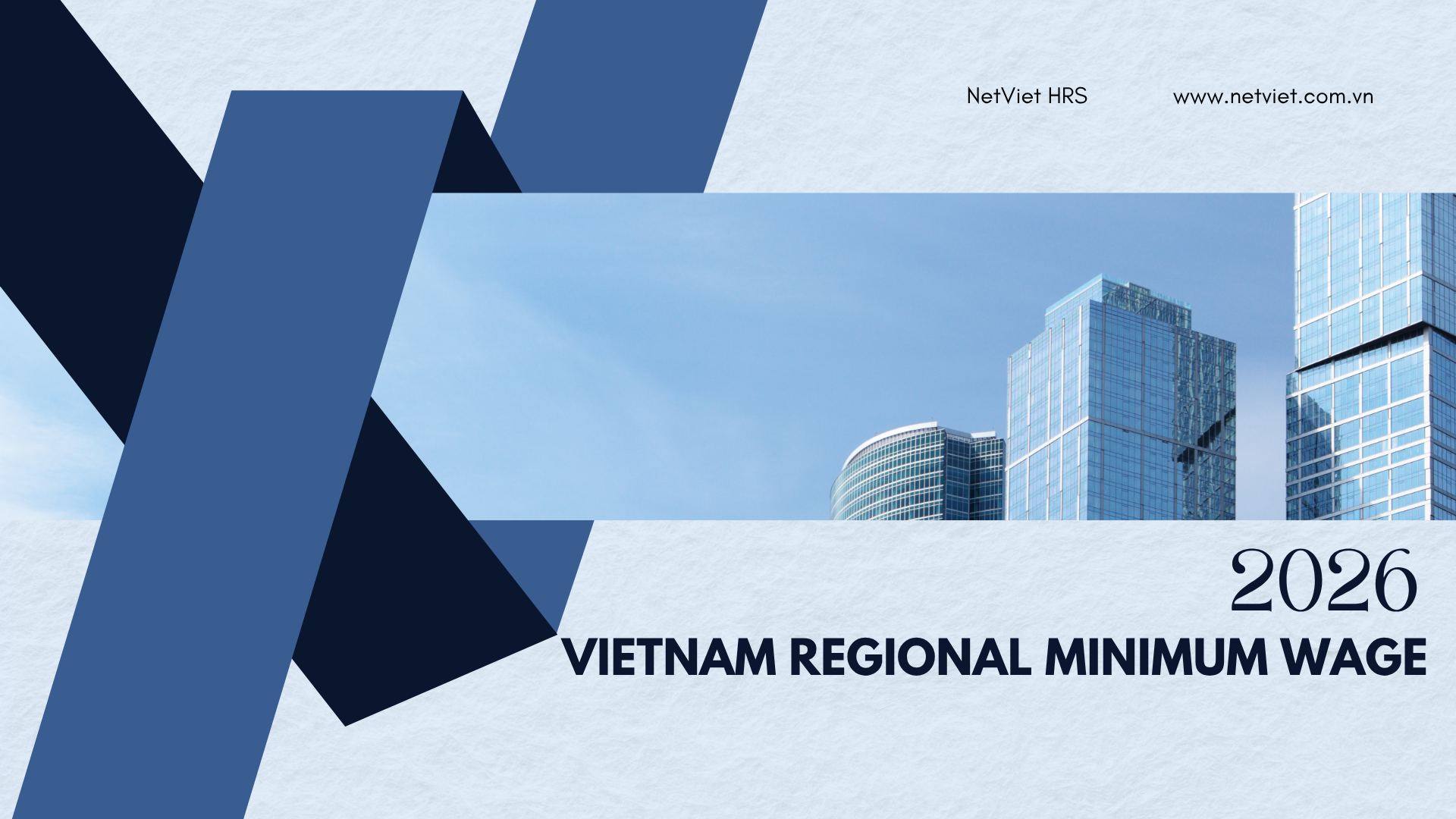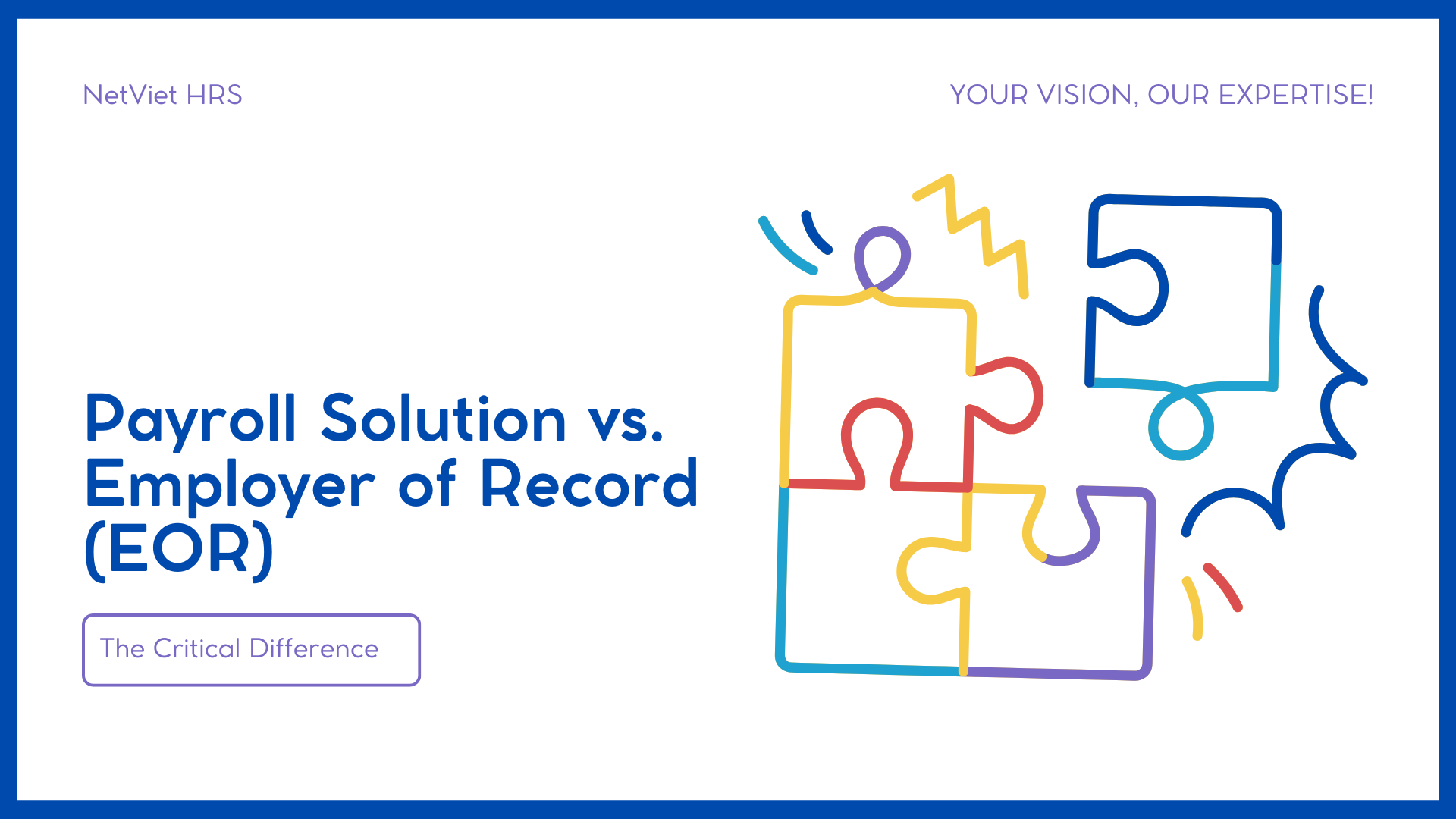Table of Contents
ToggleEstablishing the HR Foundation in Vietnam
-
Employment Contracts: The Cornerstone of Compliance
- Vietnamese labor law defines three primary types of employment contracts:
- Indefinite Term: These offer stability with no fixed end date and are common for permanent positions.
- Definite Term: Time-limited contracts with a maximum duration of 36 months and specific renewal rules.
- Seasonal or Project-Based: Linked to specific work periods or project completion.
- The Vietnamese Labor Code strongly emphasizes written contracts over verbal agreements. All legally valid employment contracts must include specific elements such as:
- Job title and detailed description of duties
- Workplace location
- Wage components (base salary, allowances, potential bonuses)
- Contract term (definite or indefinite)
- Working hours and rest periods
- Social insurance participation
- Acknowledgement of occupational safety and hygiene standards
- Hiring foreign employees requires obtaining a work permit. Eligibility, the application process, and industry-specific quotas must be considered. Additionally, businesses must publicly announce the position to demonstrate efforts to hire locally before recruiting a foreign worker.
- Vietnamese labor law defines three primary types of employment contracts:
-
Compensation and Benefits: Understanding the Framework
- Vietnam operates a two-tier minimum wage system:
- The common minimum wage sets a baseline for various state-related calculations.
- Regionally-adjusted minimum wages apply to businesses, with the specific rate depending on the company’s location.
- Employers often provide bonuses and allowances as part of the compensation package. It’s crucial to distinguish between taxable and non-taxable benefits, as this impacts employee income tax calculations.
- Overtime work is strictly regulated in Vietnam. Specific caps exist for daily, monthly, and annual overtime hours. Compensation for overtime is triggered not only by exceeding hour limits but also by factors like working on weekends, public holidays, or during night shifts.
- Vietnam operates a two-tier minimum wage system:
-
Navigating Labor Disputes: Prevention and Resolution
- Common causes of labor disputes in Vietnam include unfair dismissal, wage disagreements, workplace harassment, and breaches of contract terms.
- Trade unions play a role in dispute resolution, particularly through mediation or representing workers during legal proceedings.
- Proactive HR practices are the first line of defense. Clear internal policies (written in Vietnamese) and well-drafted employment contracts significantly reduce the risk of misunderstandings and potential disputes.
The Essentials of Payroll in Vietnam
-
Navigating Mandatory Contributions
- Employers and employees must contribute to Vietnam’s social insurance, health insurance, and unemployment insurance schemes. The employer is responsible for accurate calculation, deduction, and remittance of both their own and their employees’ contributions. Non-compliance can carry hefty penalties.
-
Understanding Personal Income Tax (PIT)
- Vietnam uses a progressive income tax system. Employers act as withholding agents, deducting PIT from employee salaries and remitting it to tax authorities.
- Salaries may be paid via cash or bank transfer. The Labor Code specifies permissible frequencies (weekly, bi-weekly, monthly).
-
Termination and Severance: Handling Departures Legally
- Both employers and employees may terminate a contract, but only under specific grounds outlined in the Labor Code.
- Required notice periods vary based on contract type and whether the termination is initiated by the employer or employee.
- In certain circumstances, severance pay is mandatory. The amount is calculated based on the employee’s length of service.
Overcoming HR and Payroll Challenges in Vietnam
-
Staying Ahead of Regulatory Changes
- Vietnamese labor laws are subject to amendments and updates. Businesses must make it a priority to stay informed, as even seemingly minor changes can impact payroll calculations, benefits, or HR policies.
- Reliable sources for tracking updates include the official government website of the Ministry of Labor, Invalids, and Social Affairs (MOLISA), reputable legal blogs specializing in Vietnam, and newsletters from HR consultancies operating in the country.
-
Bridging Cultural Differences
- Success in Vietnam hinges on understanding the nuances of Vietnamese workplace culture. Business etiquette and communication styles may differ from those in an investor’s home country.
- Areas where misunderstandings could occur include expectations around hierarchy and decision-making, preferences for direct vs. indirect communication, and approaches to conflict resolution.
- Investing in cultural sensitivity training for foreign managers or partnering with a local HR consultant can significantly smooth the transition and improve team dynamics.
-
Addressing Skills Shortages
- Certain industries and specialized job functions face skills shortages in Vietnam. This challenge requires proactive strategies, such as:
- Partnerships with Universities: Collaborate to shape curricula and provide internship opportunities.
- Robust Internal Training: Invest in upskilling existing employees to fill gaps.
- International Recruitment: Consider broadening the talent search if eligible to hire foreign workers.
- Certain industries and specialized job functions face skills shortages in Vietnam. This challenge requires proactive strategies, such as:
Strategies for Managing HR and Payroll
-
In-House vs. Outsourcing: Finding the Right Fit
- Building an internal HR department offers full control but requires significant investment in time and resources to recruit qualified HR professionals within Vietnam. This approach may be best suited for larger companies or those with highly specialized HR needs.
- Outsourcing offers several advantages:
- Payroll Service Providers: Focus on accurate calculations, tax filings, and timely salary disbursement.
- Employers of Record (EOR): Act as the legal employer of record, taking on a wider range of compliance, HR administration, and benefits management. EORs can be particularly valuable for rapid expansion or for companies seeking to minimize their direct exposure to liability under Vietnamese labor law.
- The best choice for your company depends on factors like size, industry, growth plans, and your internal HR capabilities.
Proactive HR management and a thorough understanding of payroll regulations are cornerstones for business success in Vietnam. Adhering to Vietnamese law not only minimizes legal risks but also fosters a positive and productive working environment. Companies are strongly encouraged to engage qualified Vietnamese HR consultants or legal advisors to navigate the complexities and ensure ongoing compliance.
Disclaimer: This blog post provides general information on HR and payroll in Vietnam and should not be taken as a substitute for professional advice.
- Phone: +84 28 6261 7310
- Email: info@netviet.com.vn
- Website: www.netviet.com.vn
- Facebook | LinkedIn | Twitter
